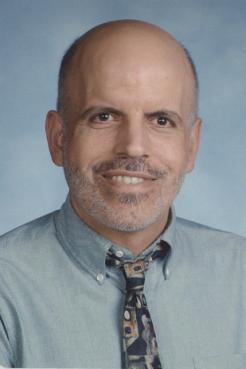ESL Teacher Interviews: Larry Ferlazzo
Kaplan are delighted to speak to the famous Larry Ferlazzo. Larry teaches English, Social Studies and International Baccalaureate classes to English Language Learners and mainstream students at Luther Burbank High School in Sacramento, California.
He has written five books: Self-Driven Learning: Teaching Strategies For Student Motivation; The ESL/ELL Teacher's Survival Guide (with co-author Katie Hull Sypnieski); Helping Students Motivate Themselves: Practical Answers To Classroom Challenges; English Language Learners: Teaching Strategies That Work; and Building Parent Engagement In Schools (with co-author Lorie Hammond).
He's won several awards, including the Leadership For A Changing World Award from the Ford Foundation and was the Grand Prize Winner of the International Reading Association Award for Technology and Reading.
He writes a popular education blog at http://larryferlazzo.edublogs.org/ ; a weekly teacher advice column for Education Week Teacher; and a weekly column for The New York Times on teaching English Language Learners.
What made you become an ESL teacher?
Both my parents were immigrants, my father had been an ESL instructor to adults, I had spent nineteen years as a community organizer primarily working with immigrants, and I was a struggling second-language learner myself (Spanish).
In my organizing career, I had seen middle-aged people and seniors learning leadership skills that had a dramatically positive impact on their lives, and I could only imagine what things would have been like if they had developed those abilities earlier in life.
So I combined both of my interests and desires and was hired by Sacramento's largest inner-city high school. I was extremely lucky. The year I was hired, the last Hmong refugee camp was closed in Thailand, and at least two thousand Hmong refugees came to Sacramento.
Most of them who were teens came to our school, and I had the opportunity of a lifetime -- how many high school teachers can say they taught a class of students who had never been to school before? It was an incredible experience!
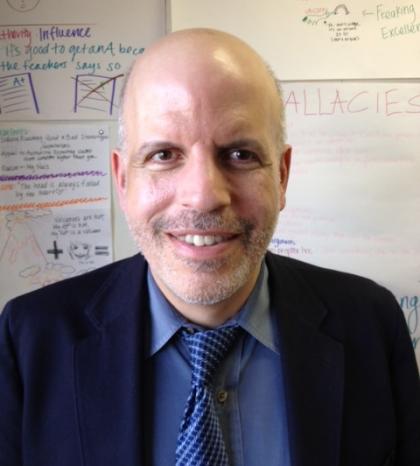
How would you describe your teaching style?
There has been a lot of research about the difference between being authoritarian and being authoritative . Being authoritarian means wielding power unilaterally to control someone, demanding obedience without giving any explanation for why one's orders are important.
Being authoritative, on the other hand, means demonstrating control, but doing so relation-ally through listening and explaining. I'm definitely in the authoritative camp.
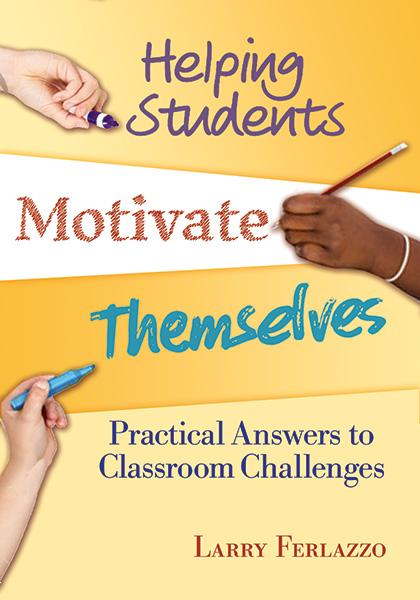
What cultural insights can you get from teaching ESL?
I've learned more about different cultures through my ESL classes than I ever learned any other way -- including in school and through international travel (there's no way I could visit all the countries my students have come from!).
I think the biggest lesson, however, is a community organizing one that has been reinforced during my ten years as an ESL teacher -- we need to look at people through the eyes of seeing their assets and not their deficits. Having this perspective can radically alter the classroom experience in a positive direction for everybody.
Have you experienced cultural difficulties from teaching ESL?
I would have if I hadn't worked for nineteen years in immigrant communities. During that time, I experienced just about every "cultural difficulty" and made almost every mistake imaginable. By the time I entered the classroom, I think the biggest "cultural" problem I had was getting the hang of correctly pronouncing so many Asian names that were unfamiliar to me.
Which other ESL teachers do you admire and why?
My teaching colleague, good friend and co-author Katie Hull Sypnieski is, by far, the best teacher -- period -- I have ever seen. Her patience with students and with colleagues (including me!), her insight, and her humility is a model that measure myself up to regularly, and always come up short. But I keep on trying :)
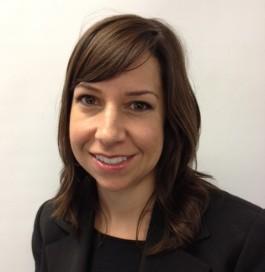
What would you say to someone who was considering becoming an ESL teacher?
If you are interested in becoming an educator, I can't imagine why someone would not want to be an ESL teacher. It's an opportunity to foster creativity -- your own and that of your students -- and odds are you'll get a group of highly-motivated kids. What more could you ask for?
What do you think is the future of ESL teaching?
I'm a little concerned about the effect the new Common Core standards might have on ESL teachers and their classes. I hope that administrators and policy-makers will recognize the idiocy of pressuring English Language Learners to achieve artificial standards that have no basis in reality.
Which superhero would you be and why?
Any one of them who can dunk a basketball.
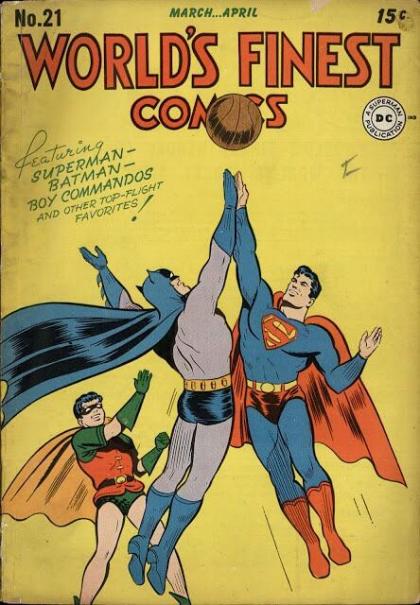
A huge thanks to Larry for taking the time to take part in this interview. Larry has made a significant contribution to the ESL/EFL community through his blogging and writing. If you have worked with Larry in any capacity, please leave a comment below with your thoughts.

